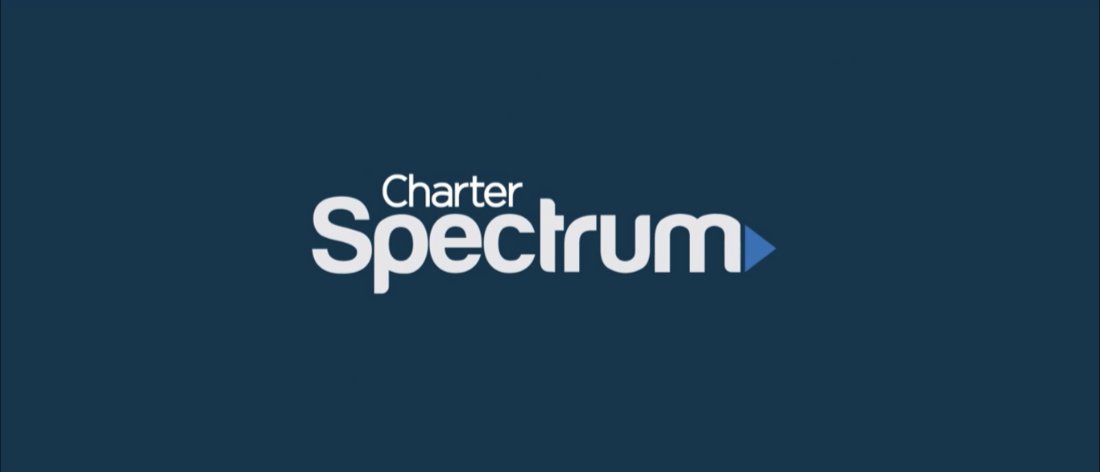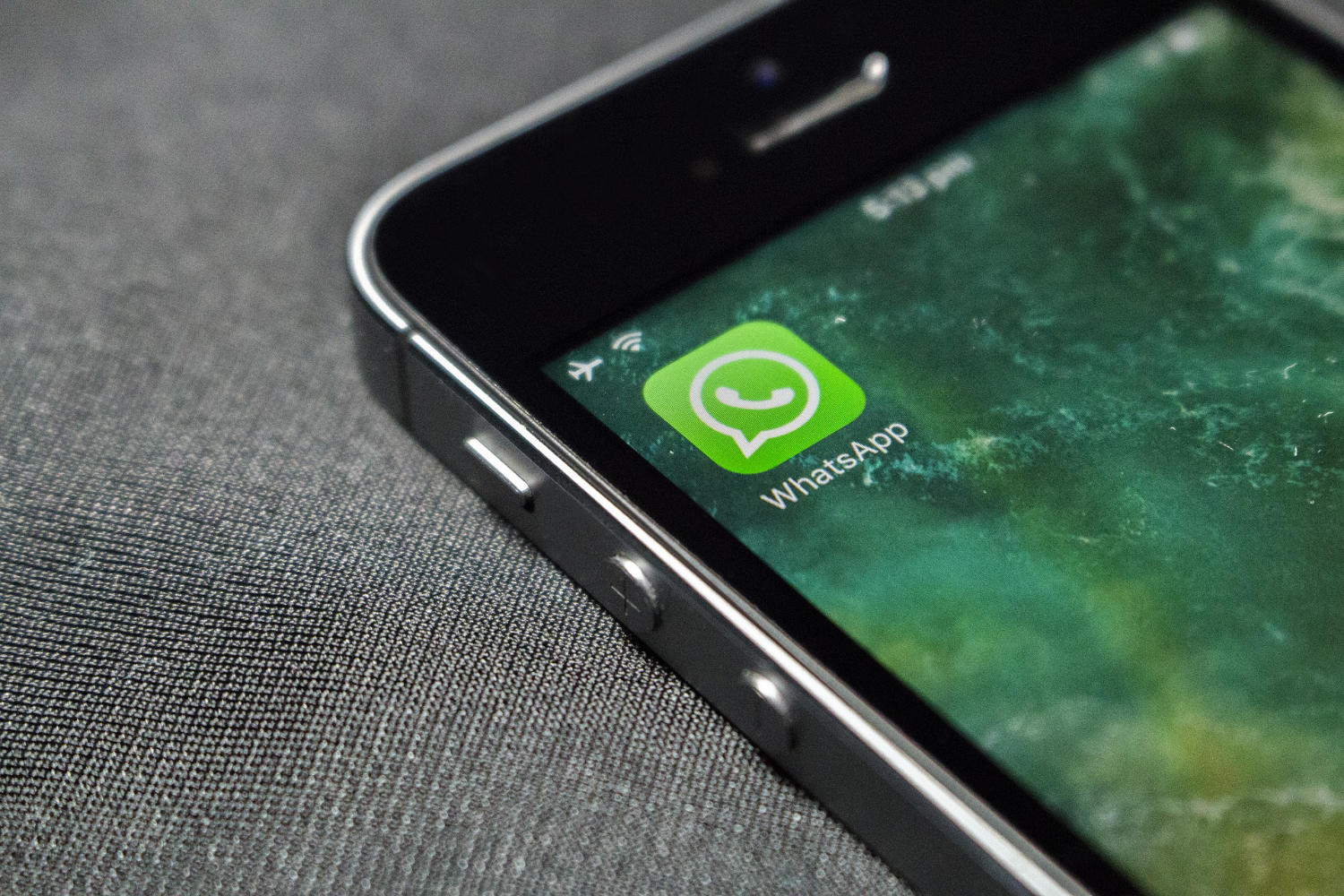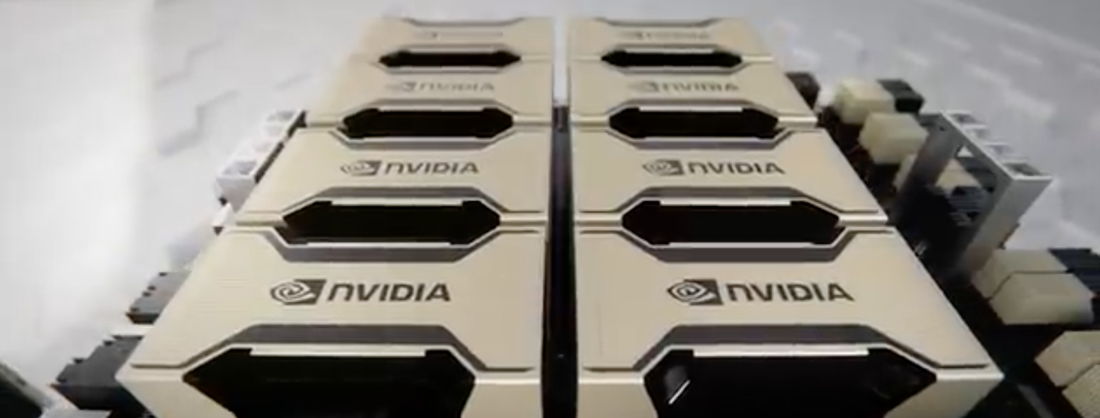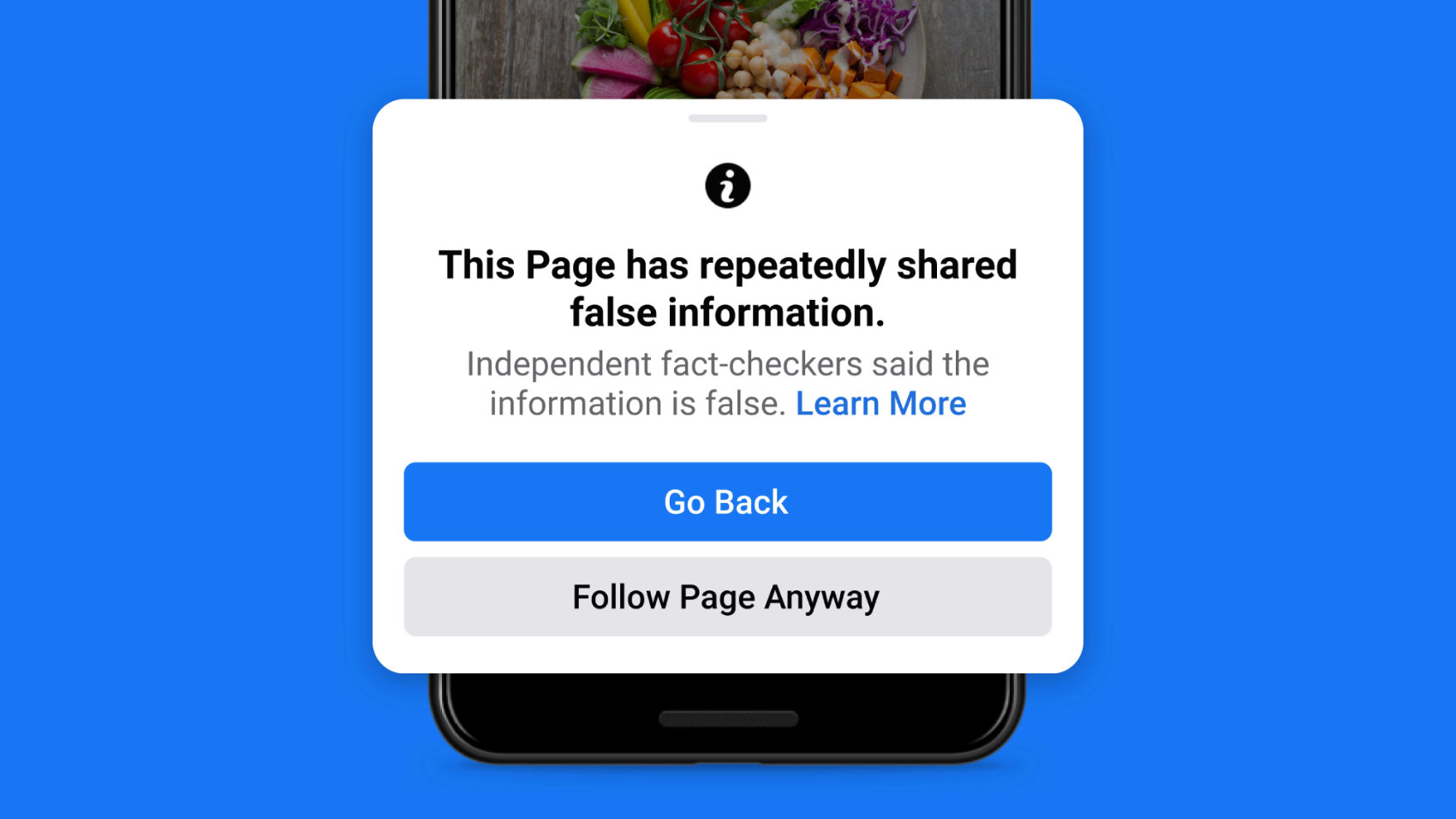Charter is charging customers different prices, depending on whether there is decent competition to worry about.
Charter is known for asking a prospective customer their address before quoting a price. Turns out, there’s a very specific reason for that. Charter charges its customers significantly more if there’s no serious competition available to them.
Stop the Cap compared pricing for two streets in the same neighborhood. On one street, where Charter Spectrum was the only option, the company charged significantly more than one street over, where a competitor offered fiber internet.
On the street where Charter had no competition, it offered three package: 200 Mbps for $50, 400 Mbps for $70 and gigabit for $110. On the street where Charter had serious competition, the company didn’t even offer the low-end 200 Mbps package. The 400 Mbps package was $30 (as opposed to $50) and the gigabit plan was $90 (as opposed to ($110).
To make matters even worse, the introductory prices only lasted 12 months on streets with no competition, as opposed to 24 months for competitive streets.
According to Stop the Cap, Charter is engaging in this behavior around the country.
Note similar pricing variability exists in Spectrum service areas around the country, with the most aggressively priced offers reserved for addresses also served by a fiber to the home provider or multiple competitors (e.g. cable company, phone company, Google Fiber or other overbuilder). Current customers typically have to cancel existing service and sign up as a new customer to get these prices.
It’s little wonder internet service providers are among the most hated companies in the US.









